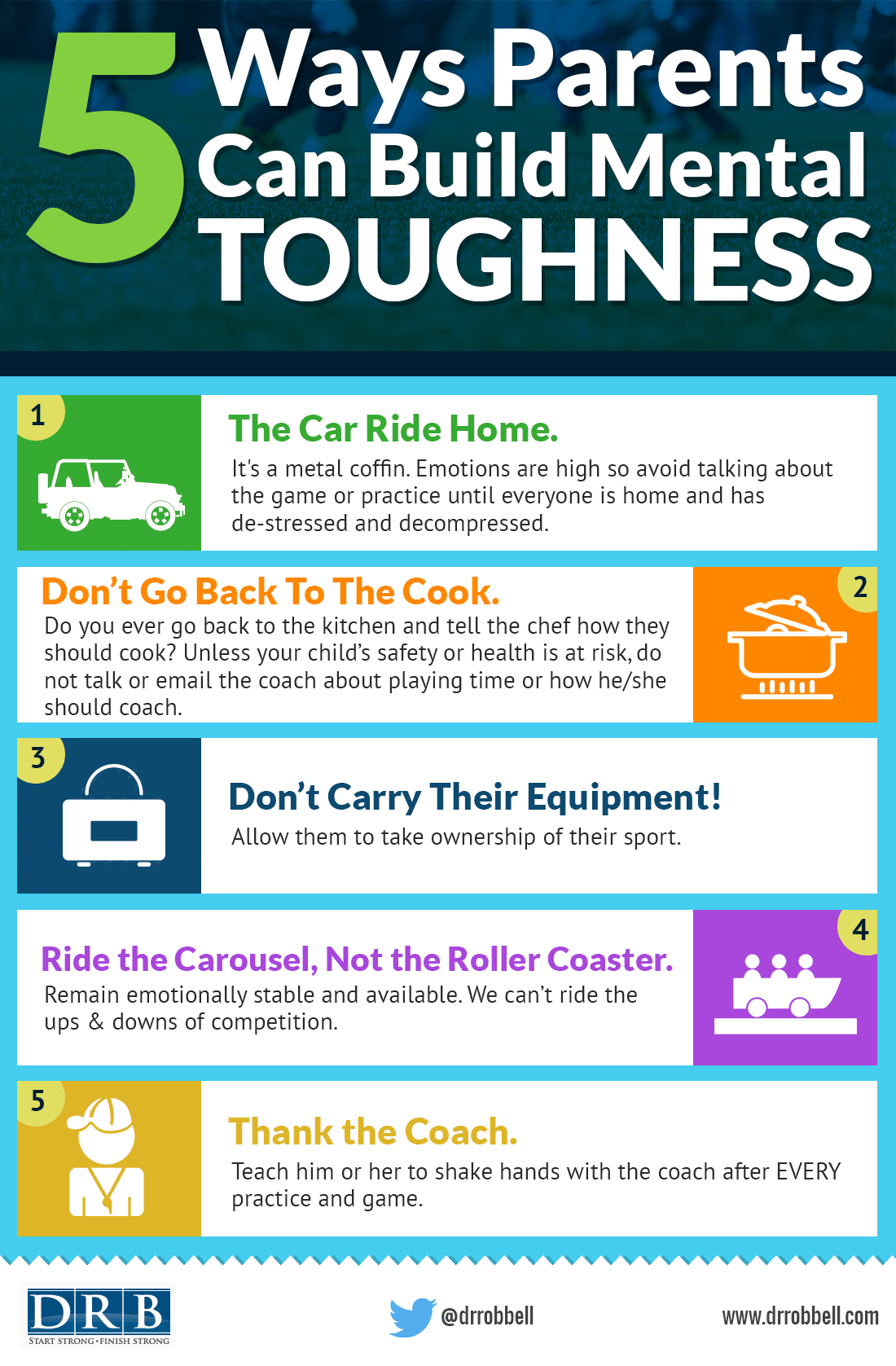building confidence
-
6 quick videos that will re-ignite your confidence…
.
Isn’t it interesting how things seem to get better when it’s going well, and yet worse when things are going bad? 6 quick videos that will re-ignite your confidence……
-
5 ways to help your kid with Mental Toughness
.
5 Ways to Help Your Kid With Mental Toughness “Perfect little Rachel ” That’s how her parents described and introduced their child, a high-school, 2nd baseman. That’s pretty high expectations,…
-
Athletes Need Better Performance Routines
.
Athletes Need A Better Performance Routines… Almost everything we do contains a routine… How we wake up in the morning, go to work, eat our food, and even shave….

